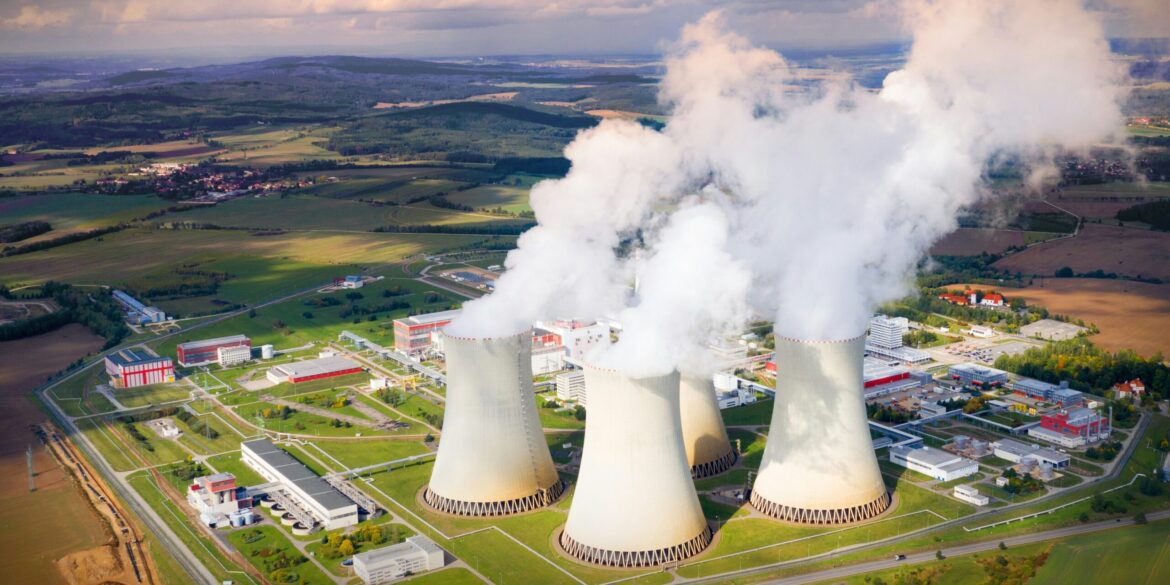WASHINGTON, D.C. — On June 11, 2025, the U.S. Environmental Protection Agency (EPA) unveiled a proposal to repeal key regulations limiting greenhouse gas emissions from coal and natural gas power plants. EPA Administrator Lee Zeldin announced the rollback as part of the Trump administration’s broader agenda to reduce regulatory burdens on the energy sector and promote domestic energy production. However, the move has sparked significant backlash from environmental groups, public health advocates, and legal experts who warn of increased pollution and adverse health effects, particularly in marginalized communities.
A Shift in Climate Policy
The proposed repeal targets Biden-era regulations that mandated significant reductions in carbon dioxide emissions from fossil fuel-fired power plants. These regulations aimed to cut emissions by requiring the adoption of carbon capture and storage technologies, with compliance deadlines set for the early 2030s. The EPA’s new proposal argues that such measures impose substantial costs on the industry and have minimal impact on global emissions, citing that U.S. power plants contribute a decreasing share of global greenhouse gas emissions.
In addition to rolling back carbon dioxide limits, the EPA seeks to weaken standards on hazardous air pollutants, including mercury, arsenic, and benzene. These pollutants have been linked to severe health issues, such as neurological damage in children and increased risks of cancer and respiratory diseases. The agency contends that the existing regulations are overly stringent and economically burdensome.
Economic Justifications and Industry Support
Administrator Zeldin emphasized that the rollback would alleviate financial pressures on energy producers, potentially saving over $1 billion annually. He framed the proposal as a step toward “unleashing American energy” and reducing electricity costs for consumers. Industry groups, including the National Mining Association and the American Petroleum Institute, have lauded the move, arguing that previous regulations threatened the viability of coal and natural gas power plants and could lead to energy shortages amid rising demand.
The administration also highlighted the role of increased electricity demand from sectors like artificial intelligence and data centers, asserting that maintaining a robust fossil fuel-based energy infrastructure is essential to meet future energy needs.
Public Health and Environmental Concerns
Environmental and public health organizations have expressed deep concern over the proposed rollback. Dr. Lisa Patel, executive director of the Medical Society Consortium on Climate & Health, described the proposal as “yet another in a series of attacks” on public health, emphasizing the risks posed by increased pollution levels. The Natural Resources Defense Council warned that weakening emission standards could lead to thousands of premature deaths annually and exacerbate health disparities in low-income and minority communities.
Critics also argue that the rollback undermines the EPA’s legal obligation under the Clean Air Act to regulate pollutants that endanger public health. Legal experts anticipate a wave of lawsuits challenging the agency’s authority to rescind these regulations without adequate scientific justification.
Legal and Political Implications
The EPA’s proposal is expected to undergo a public comment period before any final decision is made. However, the move has already ignited political debate, with Democratic lawmakers and environmental advocates accusing the Trump administration of prioritizing industry interests over environmental protection and public health. The rollback also raises questions about the United States’ commitment to international climate agreements and its role in global efforts to reduce greenhouse gas emissions.
Furthermore, the proposal could set a precedent for future deregulatory actions, potentially affecting a wide range of environmental policies beyond the power sector. Observers note that the administration’s approach reflects a broader trend of diminishing federal oversight in environmental matters, shifting responsibility to states and the private sector.
Conclusion
The EPA’s proposed rollback of power plant emission standards marks a significant shift in U.S. environmental policy, aligning with the Trump administration’s emphasis on deregulation and energy independence. While proponents argue that the move will bolster the economy and reduce energy costs, opponents warn of dire consequences for public health and the environment. As the proposal advances through the regulatory process, it is poised to become a focal point of legal challenges and public discourse on the nation’s environmental future.

